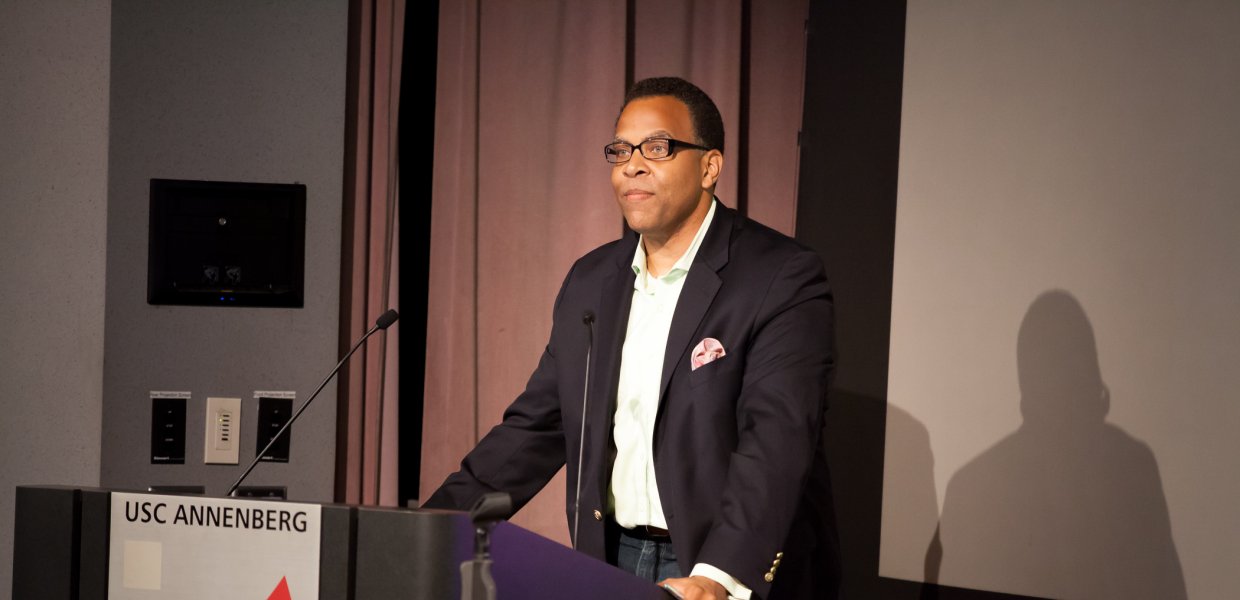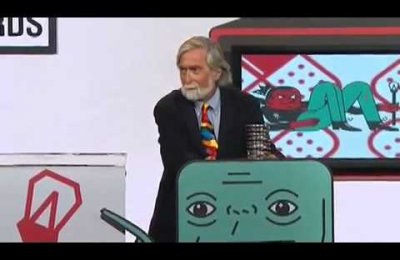USC Annenberg hosted an Oct. 20 Media, Economics & Entrepreneurship discussion with school professors about the issues surrounding the Occupy Wall Street movement.
M{2e} co-director and communication professor Christopher Smith opened with a history of the financial system in the United States. He covered the move toward unregulated financial institutions that he said led to the current financial crisis.
Smith argued the free market in the United States has caused an increased gap in income over time.
"So the Occupy Wall Street movement in its depiction of this 1 percent relative to the 99 percent is tapping into this idea that our system, our socioeconomic system, has gotten skewed to the extent that the vast majority of people no longer feel like the engine of social mobility is functioning," Smith said.
Journalism professor Marc Cooper said the main issue is the political response to the movement, how the government is going to address this call for a radical restructuring of the world economy. Cooper also said the mainstream media missed the story and without social media the movement would not have as much momentum as it does now. He added that journalists are fearful of calling out the truth if it seems to favor one side over another.
"It teaches journalists to have a view from nowhere," Cooper said. "We are taught that the reporters are neutral, objective and balanced. Well, I will make the assertion that objectivity and balance are contradictory. Objectivity means truth, the truth is never balanced. Truth is the truth."
Communication professor Robert Scheer agreed this fear prevented reporters from bringing the illegal activity on Wall Street that led to the recession to light.
"I don't want to let our profession off the hook, we blew it," Scheer said. "The prejudices, the biases are built into our business, our profit-making business and we wrote the story from the point of view of Wall Street."









